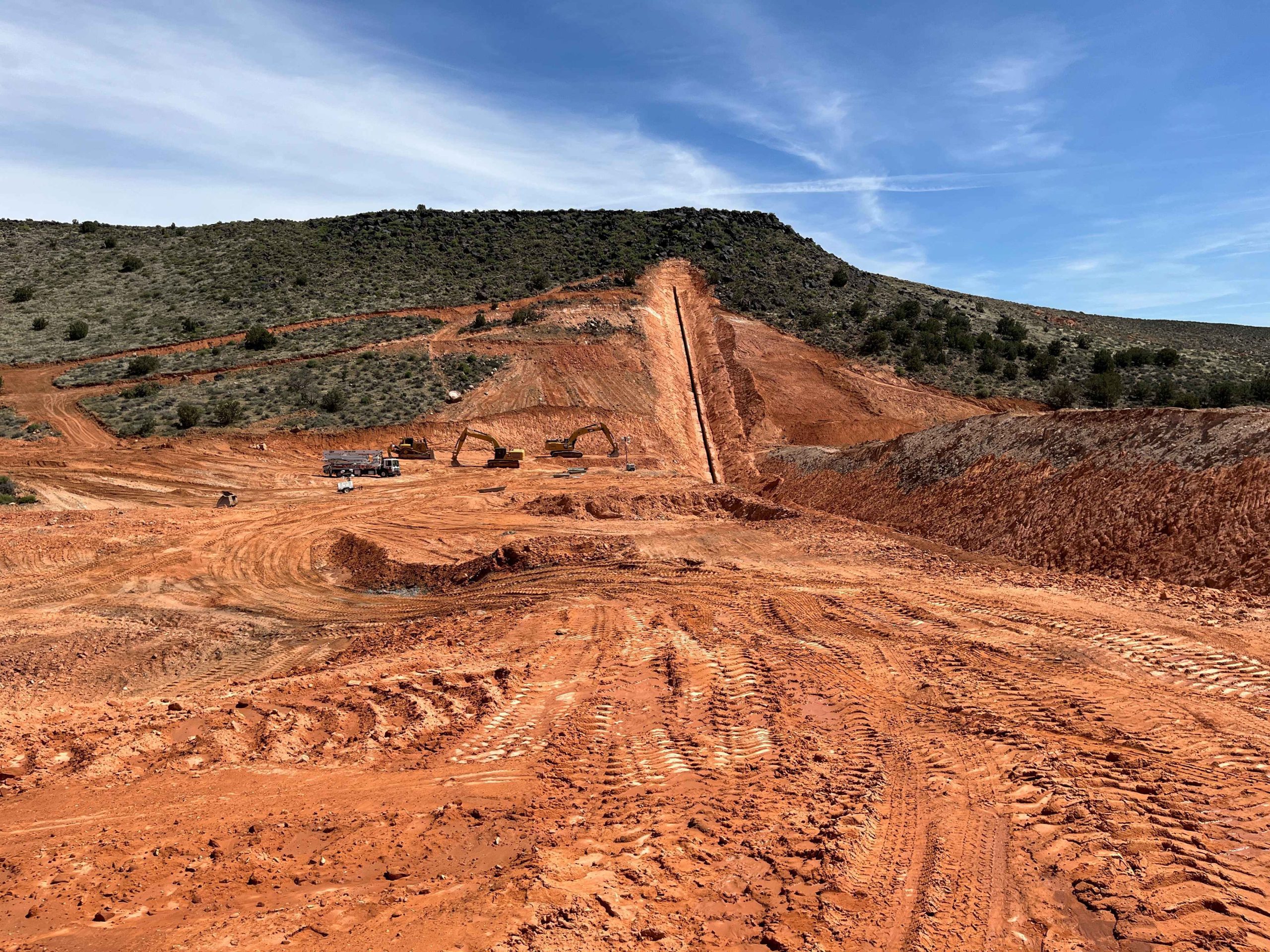- Up to $43.5 million available for small water storage projects.
- Funding aims to boost water supply reliability and climate resilience.
- Application deadlines: December 12, 2024, and July 15, 2025.
September 9, 2024 — The U.S. Department of the Interior announced on Friday that up to $43.5 million will be available for small water storage projects in the Western United States. This funding, part of the Bipartisan Infrastructure Law, aims to create new water sources for communities grappling with limited water supplies due to climate change.
in the Western United States. This funding, part of the Bipartisan Infrastructure Law, aims to create new water sources for communities grappling with limited water supplies due to climate change.
“These projects will increase water management flexibility, making water supply more reliable and communities more resilient,” the Department stated.
President Biden’s Investing in America agenda is behind this significant investment, marking the largest in climate resilience in U.S. history. The Bipartisan Infrastructure Law is channeling $8.3 billion over five years into various water infrastructure projects, including storage, conservation, and desalination. Since its enactment in November 2021, over $4.2 billion has already been allocated to 586 projects.
“Water is essential to everything we do: feeding families, growing crops, powering agricultural businesses, sustaining wildlife, and safeguarding Tribal subsistence practices,” said Secretary Deb Haaland . “Through President Biden’s Investing in America agenda, we are working to equip local communities with the infrastructure and resources they need to meet water supply demands and build climate resilience for the future.”
. “Through President Biden’s Investing in America agenda, we are working to equip local communities with the infrastructure and resources they need to meet water supply demands and build climate resilience for the future.”
Reclamation Commissioner Camille Calimlim Touton  echoed these sentiments, emphasizing the importance of the funding in helping communities manage their water resources more effectively.
echoed these sentiments, emphasizing the importance of the funding in helping communities manage their water resources more effectively.
The Small Storage Program, enabled by the Bipartisan Infrastructure Law, targets projects with a water storage capacity between 200 and 30,000 acre-feet. This announcement follows an earlier allocation of $35 million for similar projects.
Eligible projects must have completed a feasibility study submitted to Reclamation. The first application period ends on December 12, 2024, and the second on July 15, 2025. Feasibility studies can be submitted until April 30, 2025, to qualify for the second application period.
For more details, visit Reclamation’s Small Storage Program website or search for opportunity number R25AS00392 on www.grants.gov
or search for opportunity number R25AS00392 on www.grants.gov .
.
Image via BLM’s news release: Funding for small water storage projects is available now through the Bipartisan Infrastructure Law. This project in southern Utah previously received funding through this grant.


Leave a Reply